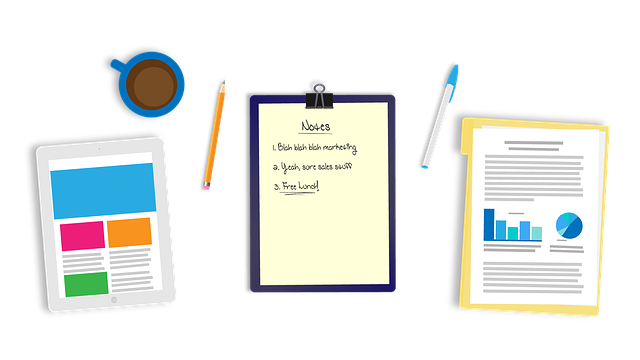AI is transforming long-term rentals through smart home systems, automating tasks like remote inspections and personalizing tenant experiences. This technology boosts efficiency for property managers, enhances tenant comfort within legal boundaries, and revolutionizes the rental landscape. AI housing code compliance automation ensures properties meet safety standards by proactively identifying issues, reducing liability for landlords. However, navigating complex regulations and implementing robust cybersecurity is crucial for legal adherence and resident protection in this burgeoning field.
“The future of long-term rentals is here, with Artificial Intelligence (AI) revolutionizing the way we manage and inhabit spaces. This article explores the transformative power of AI in residential settings, focusing on efficient rental processes, enhanced tenant experiences, and streamlined property management. Through smart home integration systems, AI promises to automate tasks, improve code compliance, and ensure a safe, legal living environment. Discover how these innovations are shaping the housing landscape.”
- Unlocking Efficiency: AI's Role in Streamlining Long-Term Rental Processes
- Smart Home Integration: Enhancing Tenant Experience and Property Management
- Automation and Code Compliance: Ensuring Safety and Legal Adherence in AI-Assisted Rentals
Unlocking Efficiency: AI's Role in Streamlining Long-Term Rental Processes

Unlocking Efficiency: AI’s Role in Streamlining Long-Term Rental Processes
In the realm of long-term rentals, Artificial Intelligence (AI) is revolutionizing how properties are managed and tenants interact with their living spaces. By integrating AI into smart home systems, landlords can automate many time-consuming tasks, enhancing overall efficiency. For instance, AI algorithms can automate routine inspections by remotely monitoring sensors and cameras to assess property conditions, ensuring code compliance and identifying potential issues promptly. This automation liberates property managers from laborious manual checks, allowing them to focus on tenant relations and strategic property development.
Moreover, AI-driven systems enable personalized experiences for tenants. Smart homes equipped with voice assistants and automated routines can adjust lighting, temperature, and security settings based on individual preferences, enhancing comfort and convenience. AI housing code compliance automation ensures that these adjustments remain within legal boundaries, further streamlining the rental process and fostering satisfied tenants.
Smart Home Integration: Enhancing Tenant Experience and Property Management

Smart Home Integration is transforming the way tenants interact with their living spaces and how property managers oversee their portfolios. By seamlessly integrating AI-driven systems, landlords can automate various tasks, from controlling lighting and temperature to managing security and access. This enhances tenant comfort and satisfaction through customizable environments and 24/7 safety features.
Moreover, AI housing code compliance automation ensures properties meet safety standards and regulations automatically. Smart sensors detect issues like carbon monoxide leaks, water damage, or hazardous air quality, triggering alerts for immediate action. This proactive approach not only protects tenants but also reduces liability for property owners by addressing potential violations before they become serious problems.
Automation and Code Compliance: Ensuring Safety and Legal Adherence in AI-Assisted Rentals

In the realm of AI-assisted long-term rentals, smart home integration systems promise a future of enhanced convenience and efficiency. However, navigating the intricate landscape of housing code compliance and safety regulations is paramount to ensure legal adherence and tenant protection. Automation plays a crucial role here, as it enables seamless monitoring and enforcement of these standards, from fire safety protocols to energy efficiency requirements. AI algorithms can detect anomalies in sensor data, promptly addressing potential issues like faulty wiring or excessive energy consumption.
This integration necessitates robust cybersecurity measures to safeguard sensitive data and prevent unauthorized access. Developers must adhere to strict coding practices and industry standards, ensuring that the AI systems are transparent, accountable, and compliant with relevant regulations. Regular updates and patches are essential to address emerging security threats, maintaining a secure environment for both residents and property managers alike.
The integration of AI into long-term rental systems offers a promising future for both tenants and property managers. By streamlining processes, enhancing smart home experiences, and automating code compliance checks, AI has the potential to revolutionize the housing market. This technology ensures safety, legal adherence, and efficient management, creating a harmonious environment for all involved. Embracing these innovative solutions can lead to a more sustainable and user-friendly rental experience, setting the stage for a new era in property management.
